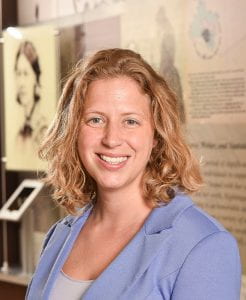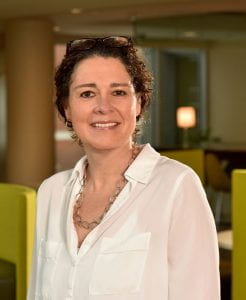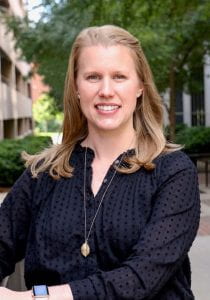Exploring the role of motherhood in healthcare engagement for women living with HIV in the USA
Whitney S. Rice, Celeste K. Ellison, Beverly Bruno, Sophia A. Hussen, Max
Chavez, Tessa M. Nápoles, Melonie Walcott, Abigail W. Batchelder, Bulent
Turan, Mirjam-Colette Kempf, Gina M. Wingood, Deborah J. Konkle-Parker,
Tracey E. Wilson, Mallory O. Johnson, Sheri D. Weiser, Carmen H. Logie, Janet
M. Turan & Kendra Piper. 23 July 2024. Culture, Health & Sexuality
Dr. Whitney Smith Rice, an Assistant Professor of Behavioral, Social, and Health Education Sciences at the Emory University has leverage data from the Women’s Interagency HIV Study (WIHS) to produce the publication: Exploring the Role of Motherhood in Healthcare Engagement for Women living with HIV in the USA. This publication can be viewed in the July 2024 issue of the international journal: Culture, Health, and Sexuality. This study used data from 4 Women’s Interagency HIV Study (WIHS) research sites within the US. The study’s qualitative interviews were conducted between June and December 2015 with 52 mothers living with HIV. Researchers seeked to examine the role of motherhood and related social/structural factors on engagement with HIV care, treatment-seeking behaviour, and overall HIV management among mothers living with HIV in the USA. This research showed the importance of considering the demands and roles of motherhood when creating, developing and implementing effective strategies to support mothers in managing HIV and promoting the overall health and well-being of their families.
Sciences at the Emory University has leverage data from the Women’s Interagency HIV Study (WIHS) to produce the publication: Exploring the Role of Motherhood in Healthcare Engagement for Women living with HIV in the USA. This publication can be viewed in the July 2024 issue of the international journal: Culture, Health, and Sexuality. This study used data from 4 Women’s Interagency HIV Study (WIHS) research sites within the US. The study’s qualitative interviews were conducted between June and December 2015 with 52 mothers living with HIV. Researchers seeked to examine the role of motherhood and related social/structural factors on engagement with HIV care, treatment-seeking behaviour, and overall HIV management among mothers living with HIV in the USA. This research showed the importance of considering the demands and roles of motherhood when creating, developing and implementing effective strategies to support mothers in managing HIV and promoting the overall health and well-being of their families.






 Congratulations to Dr. Kaylee Crockett, Ph.D., clinical psychologist and assistant professor in the Department of Family and Community Medicine, for being awarded a Mentored Patient-Oriented Research Career Development (K23) grant from the National Heart Lung and Blood Institute (NHLBI). Dr. Crockett was also one of the recipients of the 2021-2022 UAB-UMMC MWCCS Developmental Pilot award. Her project entitled “Impact of Intersectional Stigma in Healthcare Settings on Cardiovascular and Neurocognitive Health Outcomes” plans to look at women’s responses to surveys about feeling disrespected while receiving healthcare. She will also look at how those responses relate to tests of their heart health and their brain health. Dr. Crockett believes that better understanding of intersectional stigma’s impact on health outcomes in people with HIV can direct stigma-reduction interventions to the structural level (the healthcare setting)–in addition to individual level behavioral health interventions–to reduce the impact of stigma on pertinent comorbidities of HIV among women.
Congratulations to Dr. Kaylee Crockett, Ph.D., clinical psychologist and assistant professor in the Department of Family and Community Medicine, for being awarded a Mentored Patient-Oriented Research Career Development (K23) grant from the National Heart Lung and Blood Institute (NHLBI). Dr. Crockett was also one of the recipients of the 2021-2022 UAB-UMMC MWCCS Developmental Pilot award. Her project entitled “Impact of Intersectional Stigma in Healthcare Settings on Cardiovascular and Neurocognitive Health Outcomes” plans to look at women’s responses to surveys about feeling disrespected while receiving healthcare. She will also look at how those responses relate to tests of their heart health and their brain health. Dr. Crockett believes that better understanding of intersectional stigma’s impact on health outcomes in people with HIV can direct stigma-reduction interventions to the structural level (the healthcare setting)–in addition to individual level behavioral health interventions–to reduce the impact of stigma on pertinent comorbidities of HIV among women.